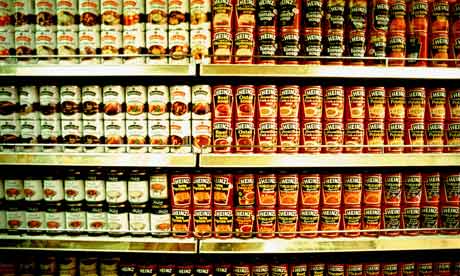I'm reading a book called The Paradox of Choice by Barry Schwartz, and while I have a few issues with his premise, I think he's on to something; people in developed countries in this day and age have more choices now than they did even 50 years ago. Like, a lot more. Advertising and marketing takes advantage of our desire to find the product or service that's just right for us. We can customize something until it's practically a product/service we dreamt up. In Japan, I saw bicycle wheels, earbuds, laptops, CD players, cameras, bags, etc., in every color you could imagine. It was overwhelming. Japan's taken it to the next level, but this is a reality for Americans, too. Barry asserts that too many choices leads to dissatisfaction ultimately, because we're always wondering if there was something better or we agonize over our options. On the other hand, most would agree that they like having choices, and I feel that way with respect to how I live and what path my life is going down. I don't have to get married and have kids right now. I could move across the country. And I can make choices about food that don't conflict with my morals.
But what I've noticed in the last few years is that what we perceive as an abundance of choices is mostly an illusion, especially in the processed-food aisle. When I'm in the produce section, I see organic beets and conventional beets, but in a soup aisle, I see a wall of the same canned good, just different brands (but pretty much all the same company). I have to look at each label and read each grabby health claim and analyze and analyze and analyze...and maybe one of them looks better than the other because the packaging looks more "green" or it has a health claim that stands out to me. I don't realize that I'm buying the same thing as two shelves down, owned by the same corporation, but targeting a different demographic.
The truth is folks, we may not have as much choice in certain areas of our lives as we think we do, and there is some danger in that, especially when it comes to food. Most of us would agree that some of the big problems our country's facing today are at the hands of large corporations with too much power, like Monsanto, for example. We also have to stop playing into the hands of advertisers. Don't take a too-good-to-be-true ad at face value. Research it. Or, assume that if the company has that much money to run an ad 50x a day on every major network that they're probably not what they seem.
It's time for me to stop writing, and time for me to show you some very powerful infographics. They can speak for themselves.
Illusion of Choice (food)
Consolidation of Media



No comments:
Post a Comment